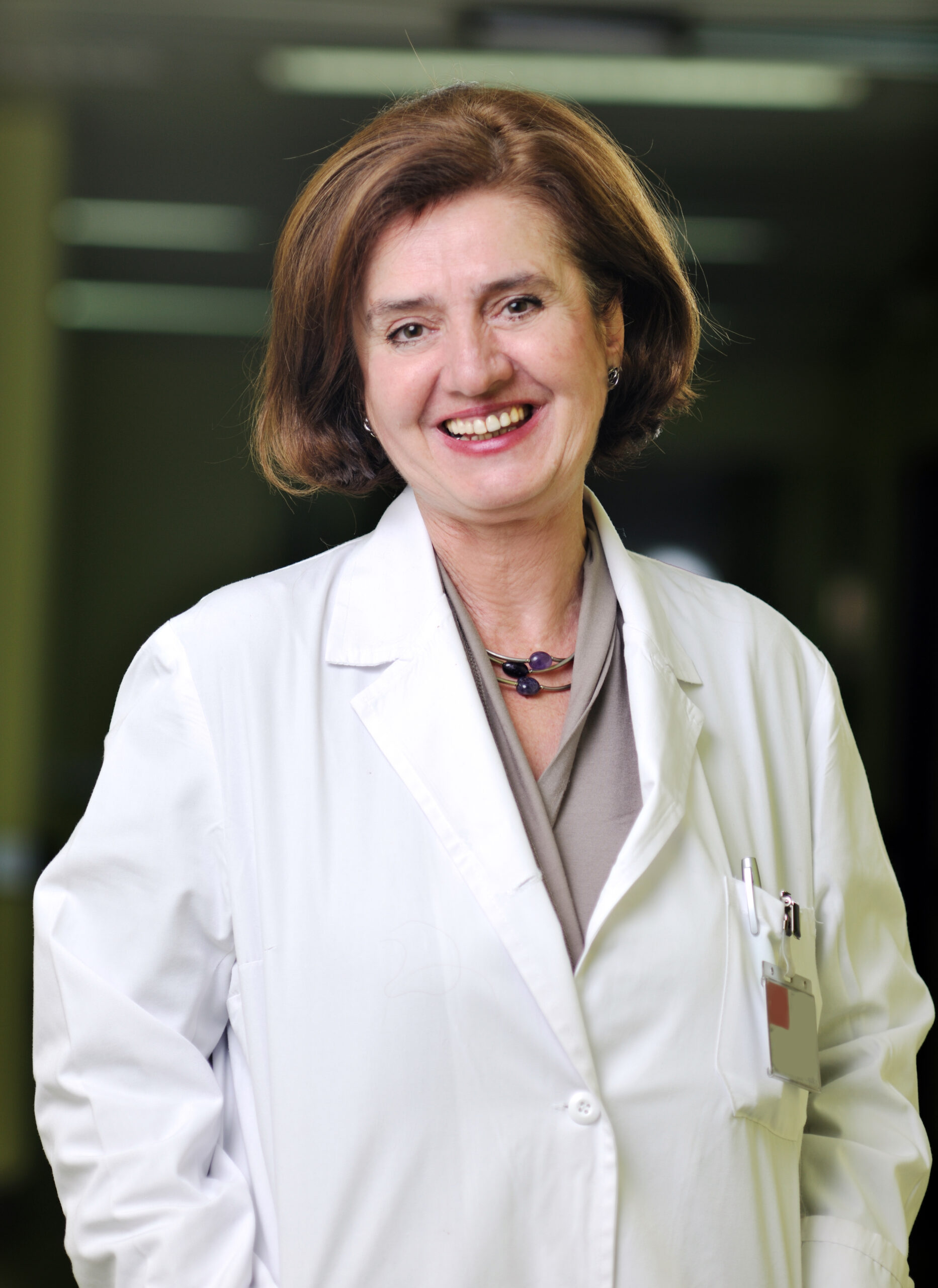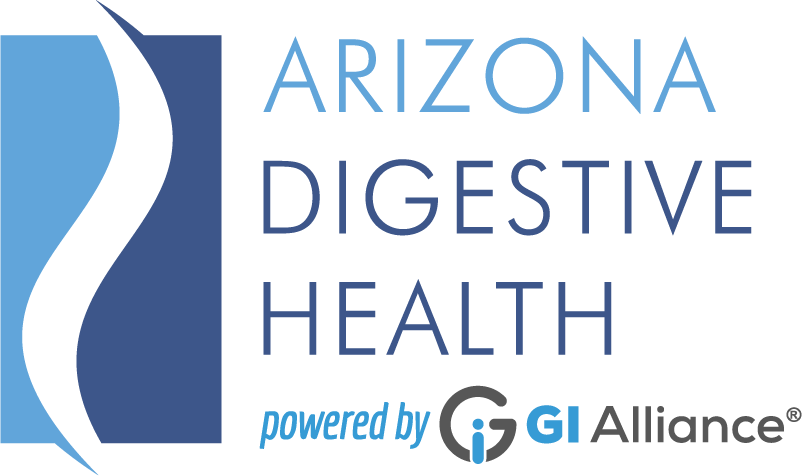What is a colonoscopy?
A colonoscopy is an endoscopic procedure in which a long, flexible tube called a “scope” is inserted into the rectum and threaded through the entire colon (large intestine). This scope has a light and camera at its tip, allowing doctors to examine the colon’s lining. It is commonly used to diagnose gastrointestinal symptoms like diarrhea, bleeding, abdominal pain, or abnormal x-ray results.
Moreover, colonoscopies are recommended for symptom-free individuals starting at age 45, or earlier if their medical history suggests it, to screen for colon cancer and polyps. This procedure is the only preventative measure for colorectal cancer. The board-certified gastroenterologists at Arizona Digestive Health, specializing in digestive health, regularly perform colonoscopies. For more information, contact a nearby Arizona Digestive Health office.
What are the benefits of a colonoscopy?
Colonoscopy screenings are the most dependable method to prevent colon cancer, making it essential for those over 45 or at higher risk to have these screenings as recommended by their doctor. Regular colonoscopy screenings can significantly improve your gastrointestinal and overall health. Some benefits of colonoscopy exams include:
- Can be a life-saving exam
- Identify cases of diverticulosis, IBD, and other conditions
- Detect initial signs of colon and rectal cancer
- Detect and remove abnormal growths
- Serve as the most effective screening option for colon and/or rectal cancer
With the latest technological advancements, colorectal cancer screenings are now performed more swiftly, comfortably, and accurately than ever before.
What should I expect during a colonoscopy?
Before your colonoscopy, your Arizona Digestive Health doctor will provide instructions for bowel preparation. Most patients will follow a clear liquid diet the day before the procedure. You will need to take specific laxatives to thoroughly cleanse the colon, making it crucial to follow your doctor’s directions. You’ll also receive instructions about your medications. While you usually continue taking your medications, special instructions will be given for those on blood thinners (like Coumadin, warfarin, Plavix, aspirin, anti-inflammatories) and diabetics. Patients are advised to avoid consuming anything after midnight except for medications.
Arrive at the Arizona Digestive Health endoscopy center 1 to 1.5 hours before your exam to complete paperwork and prepare. You’ll change into a medical gown, and an intravenous (IV) catheter will be inserted in your arm to administer sedation. Monitors will be connected to track your heart rate, blood pressure, pulse, electrocardiogram, breathing, and oxygen levels during and after the procedure.
In the exam room, you will lie on your left side, and IV sedation will be administered in small doses to ensure your safety and achieve the required level of sedation. The doctor will perform a rectal exam before gently inserting the colonoscope into the rectum. The scope will be advanced through the colon to the point where it meets the small bowel. Air will be introduced into the colon to enhance visibility. Any remaining fluid can be flushed out and suctioned through the scope.
During the procedure, the doctor may perform biopsies, remove polyps, or control any bleeding detected. At the end of the exam, as much air and fluid as possible will be suctioned out of the colon through the scope. The procedure typically takes about 15 to 30 minutes, depending on the findings.
When will I get my results?
After your colonoscopy, you will be taken to the recovery room to be monitored as the sedation wears off. The amount of sedation used and your individual reaction to it will determine how quickly you wake up, but most patients are ready to leave within 45 to 60 minutes.
You will not be allowed to drive for the rest of the day, so make sure to arrange for a ride home. You will also be advised not to work, sign important documents, or engage in strenuous activities for the remainder of the day. Most patients can eat and drink normally after being discharged from the Endoscopy unit, but you will receive specific instructions about activities, diet, and medications before you leave.
After the procedure, the doctor or nurse will review the findings with you. Due to the effects of the sedation, most patients do not remember this conversation, so it is recommended that you bring someone with you to hear the results. You will also receive a written report to take home. Any biopsy results will usually be communicated within a week.
What are the alternatives to a colonoscopy?
Alternatives to a colonoscopy depend on the reason for the procedure. Typically, a colonoscopy is the best method for evaluating and treating colon abnormalities and is the only available prevention strategy for colorectal cancer. However, other x-ray exams, such as a barium enema or a virtual CT scan, can also be used to examine the colon. These alternatives are purely diagnostic, so any detected abnormalities would still need to be addressed with a colonoscopy or surgery.
What Are the Risks of Colon Cancer?
Colonoscopy is a generally safe procedure, with complications occurring in fewer than 1% of patients. Most complications are not severe but may require hospitalization and surgery. Before the procedure, the nursing staff will go over a consent form with you, and any concerns or questions can be addressed with your physician.
Sedation medication can cause reactions such as allergic responses, difficulty breathing, effects on the heart and blood pressure, and irritation at the injection site.
Bleeding can happen when biopsies are taken or polyps are removed. Significant bleeding that requires a blood transfusion or hospitalization is uncommon, though it can occur during the procedure or up to two weeks afterward if a polyp is removed.
There is also a risk of perforation or puncture of the colon, which may be identified during the exam or later in the day. Most perforations require surgery and hospitalization, though this is a rare complication, even when removing polyps.
If you notice symptoms like worsening abdominal pain, bleeding, or fever after the procedure, contact your doctor immediately.
As with any test, a colonoscopy is not without flaws. There is a small risk that abnormalities, such as polyps and cancers, might be missed. It’s crucial to continue to follow up with your doctor at Arizona Digestive Health and report any new or persistent symptoms.
Colonoscopy FAQs
By what age should you have your first colonoscopy screening?
We recommend patients with average odds of developing colon cancer begin having their colonoscopy exams at age 45. If your risks for colon cancer are greater than average or you have symptoms of colon cancer, our team of gastroenterologists may recommend getting a colonoscopy before that age.
How often is it recommended to have a colonoscopy?
Doctors advise undergoing a colonoscopy every ten years for patients of ordinary risk, who are in favorable health, and who have normal colonoscopy results. Following your screening, your GI doctor will let you know when you should schedule colon cancer exams in the future.
Will my colonoscopy be an uncomfortable procedure?
Sedation is given prior to a colonoscopy screening to help ensure your comfort and relaxation throughout the process. Depending on the variation of sedation provided, you may achieve a very tranquil state and even feel drowsy, or you may have virtually no recollection of the procedure. Your colonoscopy doctor can explain more about what to expect during your screening consultation.
What is the recovery timeframe for a colonoscopy exam?
On average, patients need approximately a full day to recover, and some feel well enough to resume normal routines the next day. When polyps are extracted during a colonoscopy, the recovery time may last about a week. It is not uncommon to experience some abdominal discomfort after a colonoscopy, like cramping and bloating. Our Arizona Digestive Health providers will provide further details about what to anticipate during your recovery.

